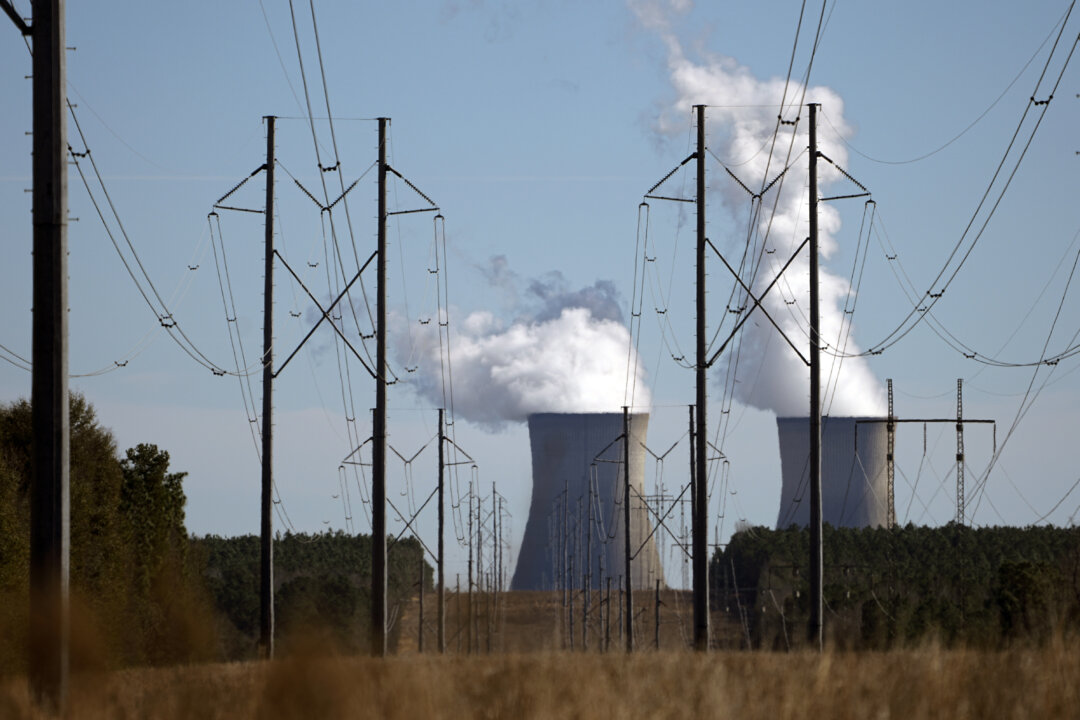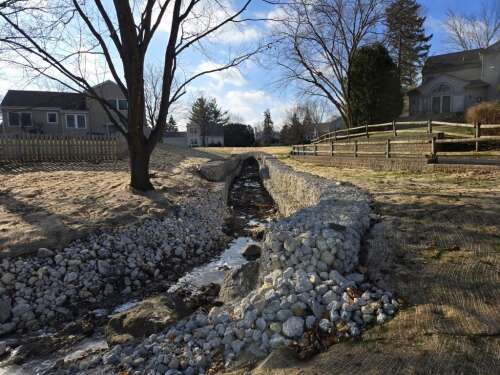
Rainforest at Risk: Environmentalists Sound Alarm on Amazon's Mounting Threats
In the heart of Colombia's Amazon region, Alexis Damancio Silva vividly recalls the devastating drought that struck his hometown of Puerto Narino last year. The once-mighty Amazon River, a lifeline for countless communities, was reduced to a mere trickle, leaving behind a landscape of ecological devastation. The impact was immediate and brutal. Iconic pink river dolphins, symbols of the Amazon's rich biodiversity, perished alongside countless fish species. Local agricultural lands, typically lush and productive, withered under the relentless heat, transforming fertile fields into parched, cracked earth. The economic consequences were equally severe, as the town's residents found themselves cut off from traditional market routes and economic opportunities. Damancio Silva's experience is a stark reminder of the growing climate challenges facing the Amazon region, where extreme weather events are becoming increasingly frequent and intense. His story represents just one of many narratives emerging from a ecosystem under unprecedented environmental stress.









